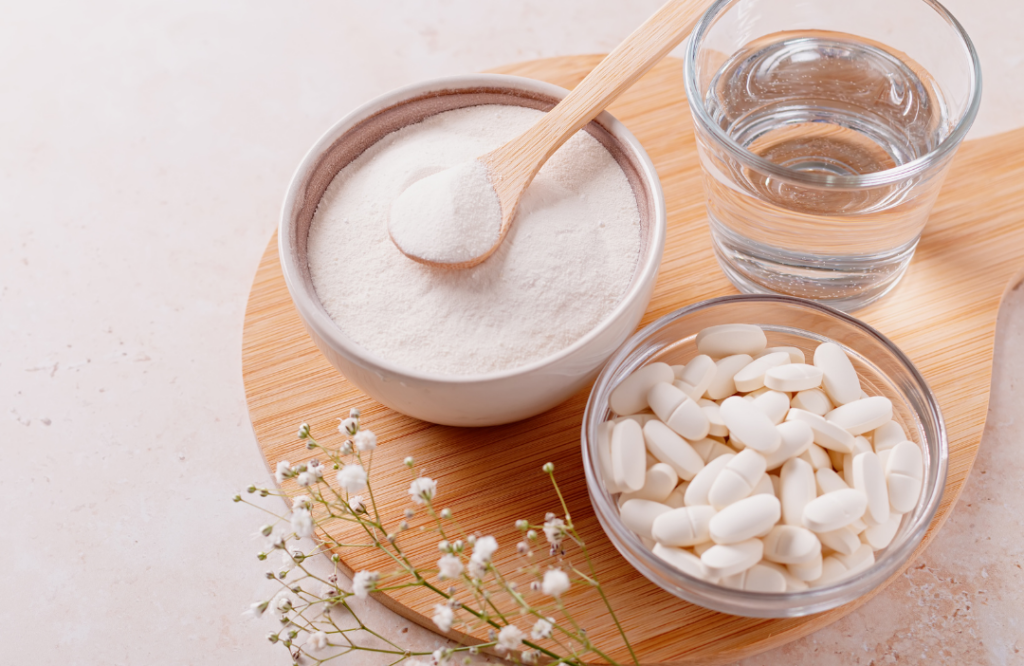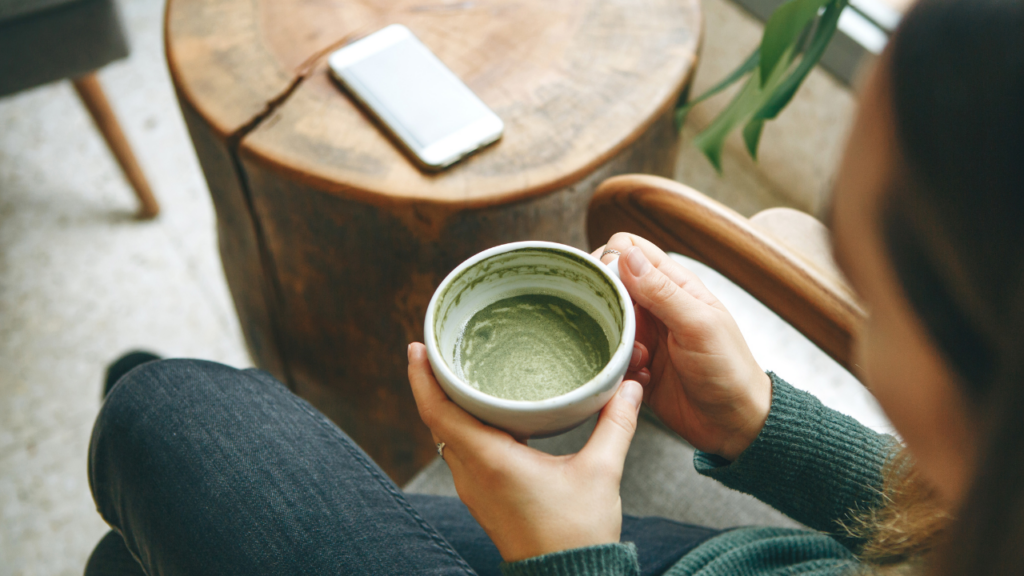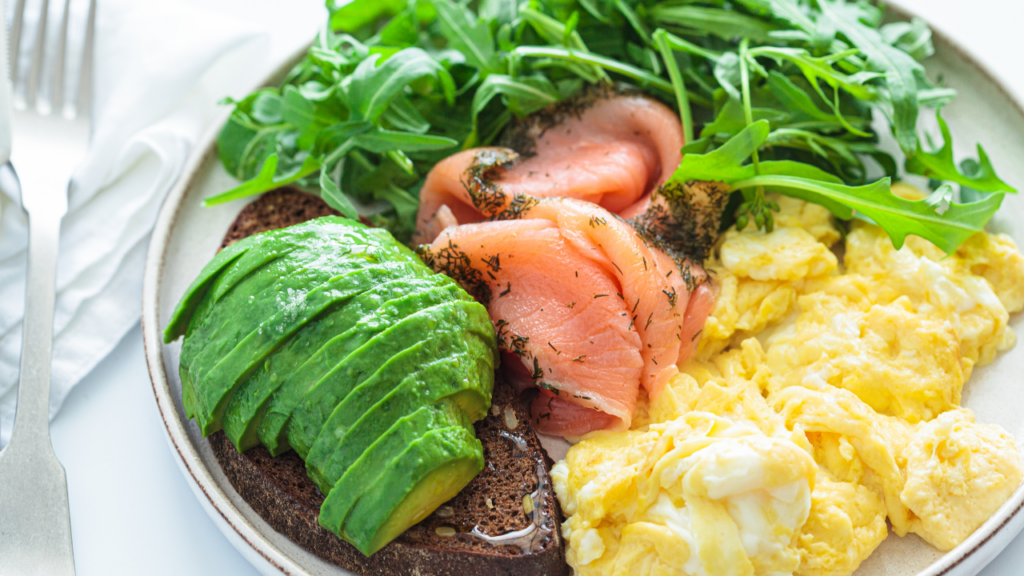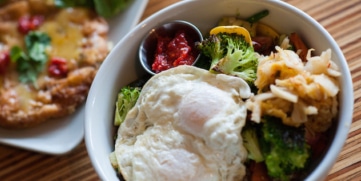Help for Seasonal Allergies
Published on April 5, 2015 by Dr. Caitlin Gordon
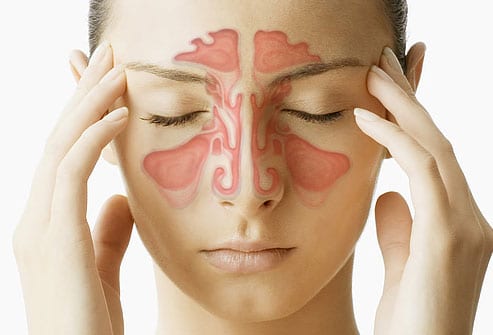 Seasonal allergies are becoming increasingly common. Most people find themselves experiencing one or more of the following common symptoms during spring, summer or fall, especially in Colorado when the pollen from cottonwood, sage, juniper, etc. are visibly floating through the air.
Seasonal allergies are becoming increasingly common. Most people find themselves experiencing one or more of the following common symptoms during spring, summer or fall, especially in Colorado when the pollen from cottonwood, sage, juniper, etc. are visibly floating through the air.
Common symptoms
- runny nose
- congestion,
- itchy eyes/skin/nose/throat,
- dry eyes/mouth/nose/throat
- sore throat
- loss of smell
- swollen eyelids
- dark circles
- headaches
- fatigue
- sneezing
- coughing
In Traditional Chinese Medicine (TCM), allergies are treated as a dysfunction of your “Wei qi” which translates as your defensive qi. This wei qi energy protects you from invasion by pathogens: essentially, we are talking about your immune system. The organ systems involved are your lungs, skin, and GI tract/mucosal linings. An allergic response is your body’s reaction to a perceived attack. The goal is to help your immune system do a better job of differentiating between true pathogens and harmless ones like pollen, dust, mold, pet dander, food, etc. We want it to be a little less sensitive and a little more tolerant, so that it doesn’t react so intensely. Acupuncture, herbs, and dietary adjustments can do this!
1. Get your Gut in check.
 70-80% of your immune system is located in your gut. In order to make it happy, we’ve got to make sure your GI tract is healthy. Most people don’t have a perfect diet, and even the healthiest diets are challenged by the increasingly chemical-laden soil, water, and air. Keeping your digestive system healthy requires more than just eating vegetables (though that is super important!).
70-80% of your immune system is located in your gut. In order to make it happy, we’ve got to make sure your GI tract is healthy. Most people don’t have a perfect diet, and even the healthiest diets are challenged by the increasingly chemical-laden soil, water, and air. Keeping your digestive system healthy requires more than just eating vegetables (though that is super important!).
- Take a high quality probiotic 2x daily: am and pm
› Inner Eco brand liquid probiotic. It’s non-dairy, organic, and local. You can find it at Whole Foods, Lucky’s, or Vitamin Cottage. Cost is 15$ per bottle and it will last you for 2-4 weeks.
› Prescript-Assist brand probiotic is a potent formula that doesn’t require refrigeration and comes in pill form. I carry it in my office: 50$ for a 45 day supply.
› Culturelle CG is also decent, and this particular strain has some research behind it.
♦ You generally only need a high dose probiotics for 1 month to repopulate your GI flora, then you can do a less expensive/lower dose as maintenance, or eat probiotic-rich foods daily like sauerkraut/kimchi/miso/water kefir etc.
♦ Beware: When you first start taking a probiotic it is normal if you experience up to 2 weeks of gas/bloating/change in bowel movements. Your GI tract is reorganizing, and these symptoms will subside. - Eat plenty of soluble fiber
♦ These are called prebiotics and are what probiotics eat. Examples: oats, flaxseeds, psyllium husk, cucumbers, celery, and carrots. - If you have a history of frequent antibiotic use (more than 1x year) or long-term birth control pill use (over 5 years), you may need to do some gut repair. Schedule an appointment with Caitlin for a Gut Repair Protocol.
2. Food as medicine.
It is very helpful to be eating an anti-inflammatory, anti-phlegm diet when you suffer from seasonal allergies. Here are the basic guidelines for treating seasonal allergies with food:
Avoid
- All pasteurized dairy
›Raw Dairy is OK
›Grass-fed butter in small amounts is OK - All Refined Sugar
›Raw Local Honey is OK
›Organic Grade B Maple Syrup in small amounts is OK
›Stevia is OK - Factory-Farmed Meat
›Grass-fed meat is OK - Peanuts
- Wheat
If you’re dealing with a lot of phlegm/mucus, in addition:
- Avoid Orange juice, pineapple, bananas, fried foods, ice water, and limit raw vegetables/cold salads to 3x week. Steamed veggies are better.
- Read 6 Tips to Clear Sinus Congestion
- Try a humidifier
- Flush your nasal passages with salt water daily
Eat More
- Dark leafy greens
- Beets, carrots, yams
- Onion, garlic, horseradish, ginger, cayenne
- Drink more water
3. Acupuncture is your anti-histamine.
 Acupuncture has been shown to moderate the production of histamine (histamine is what causes the itching, running, sneezing stuff) by reducing IgE levels, as effectively as medications such as Zyrtec and Claritin. It produces a response in your body like anti-histamine would—without the synthetic chemicals and possible negative side effects. Acupuncture helps clear clogged sinuses, boost energy, and relieve headaches in addition to the longer-term effects of regulating the immune system.
Acupuncture has been shown to moderate the production of histamine (histamine is what causes the itching, running, sneezing stuff) by reducing IgE levels, as effectively as medications such as Zyrtec and Claritin. It produces a response in your body like anti-histamine would—without the synthetic chemicals and possible negative side effects. Acupuncture helps clear clogged sinuses, boost energy, and relieve headaches in addition to the longer-term effects of regulating the immune system.
In a study of 422 individuals with grass pollen allergies Acupuncture led to statistically significant improvements in disease-specific quality of life and antihistamine use measures after 8 weeks of treatment.
Schedule an appointment for acupuncture in Boulder or Denver.
4. Herbs & Supplements for Seasonal Allergies
The following have research supporting their positive effective against histamine response (i.e. they work) to reduce your seasonal allergies:
- Nettles
› I like freeze-dried nettles in capsules or nettle tea (organic!).
› Talk to your doctor before taking nettle if you take blood pressure medication, blood thinners, diuretics or water pills, or have diabetes. - Spirulina
› Spirulina stops the release of histamine, which contributes to symptoms of allergic rhinitis
› Amazing Grass makes a wonderful green powder called Raw Reserve, which has high levels of spirulina and some nettles and probiotics. A great option, look for it at health food stores. - Milk Thistle
› Milk thistle (Silybum marianum) – Helps reduce allergic, inflammatory, and histaminic reactions and supports liver function.
› I carry Health Concerns brand, which makes a highly concentrated version. - Chinese Herbals
› The trial outcomes with the following herbal combo showed a statistically significant improvement in the symptoms of allergic rhinitis. Follow-up 1 year after completion of the trial suggested that benefit of the treatment persisted. Total serum immunoglobulin E was reduced after the herbal treatment.- The active ingredients include extracts of Scutellaria baicalensis (Baikal or Chinese skullcap), Ginkgo biloba (ginkgo), Epimedium sagittatum (yin yang huo or horny goat weed), Schizandra chinensis (wu wei tzu or schizandra), Ledebouriella divaricata (Fang feng), and Astragalus membranaceus (astragalus)
- Blue Poppy Brand makes a product called AllerEase with most of these active ingredients. It is very effective.
- Jade Windscreen Formula is powerful for preventing seasonal allergies if taken 1-2 months before symptoms usually start. It is also wonderful for preventing colds/flus during fall and winter. It contains the two most important ingredients listed above.
*A note about brands–The ones I carry are only available to health care professionals due to their potency. They are more expensive than what you might find over the counter, but often over-the-counter brands have no FDA oversight or quality control so you have no idea if what you’re buying contains therapeutic levels of what it says (or even if it contains the herbs it claims) and the preparation of many compounds affects whether it actually benefits us or is inactive. So much money is thrown away on useless supplements–I did it for years! I think it’s preferable to spend a little more for something that will work.
The contents of this site, including text, graphics, images, and other material are for informational purposes only. Nothing contained in this site is or should be considered or used as a substitute for professional medical or mental health advice, diagnosis, or treatment. Please schedule an appointment for personalized health advice.

